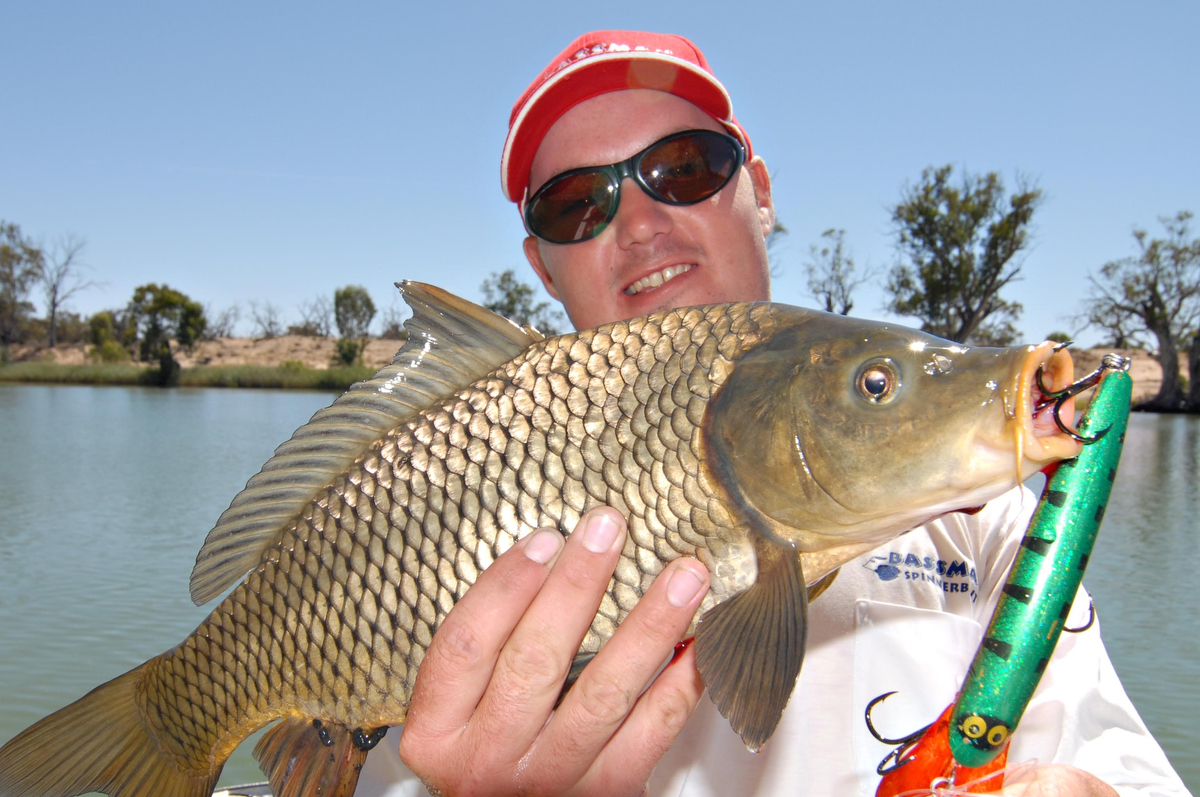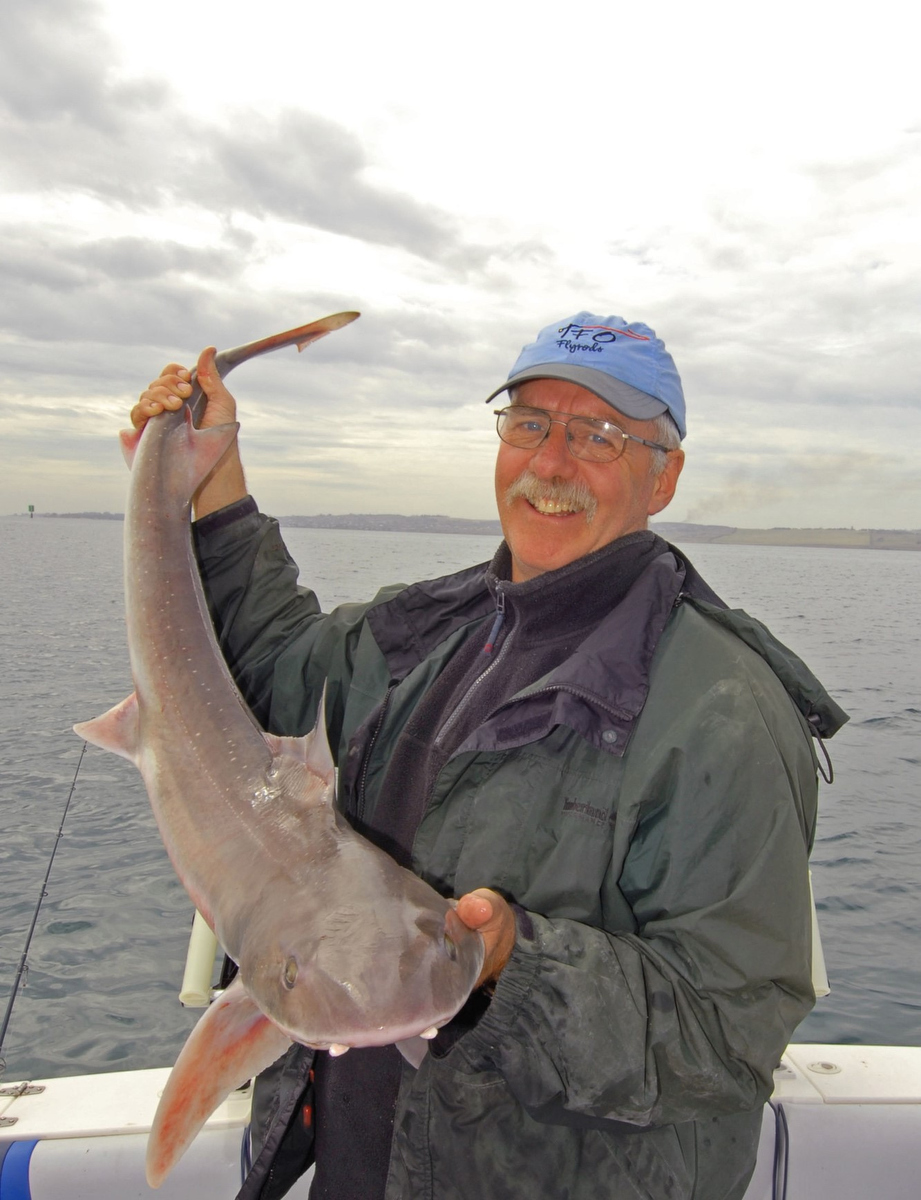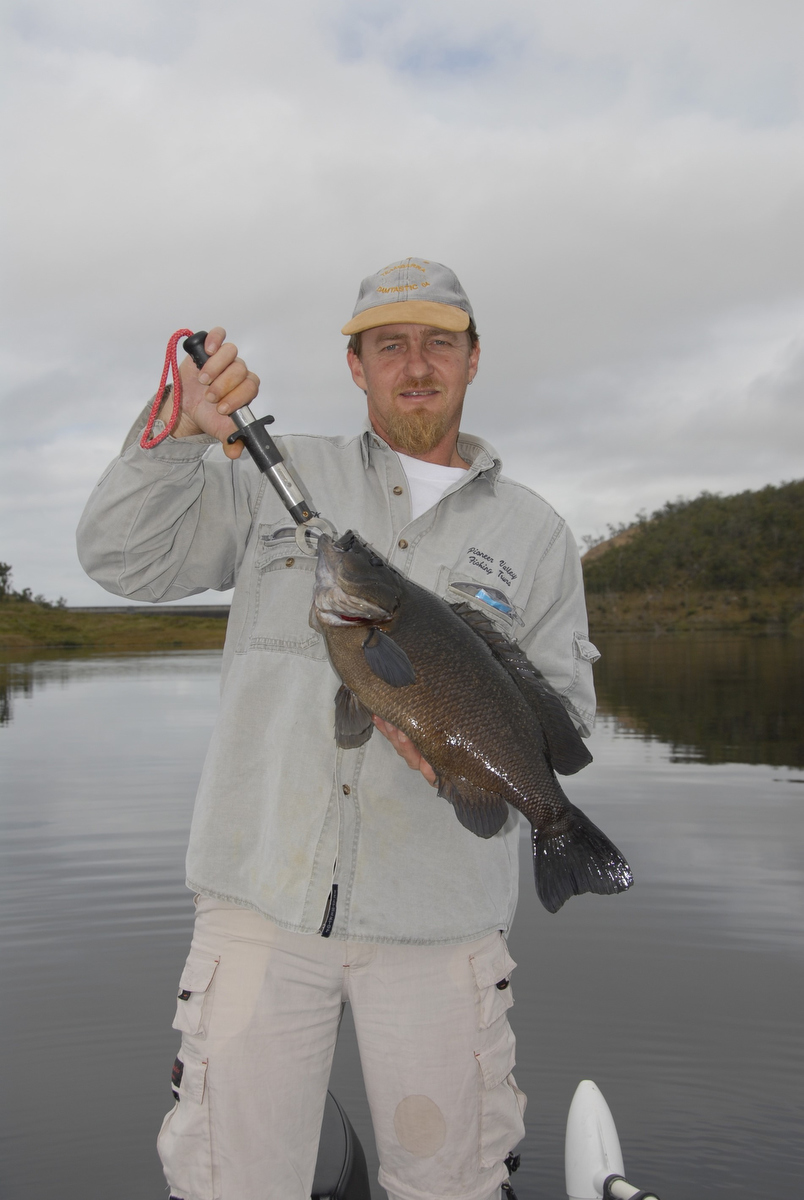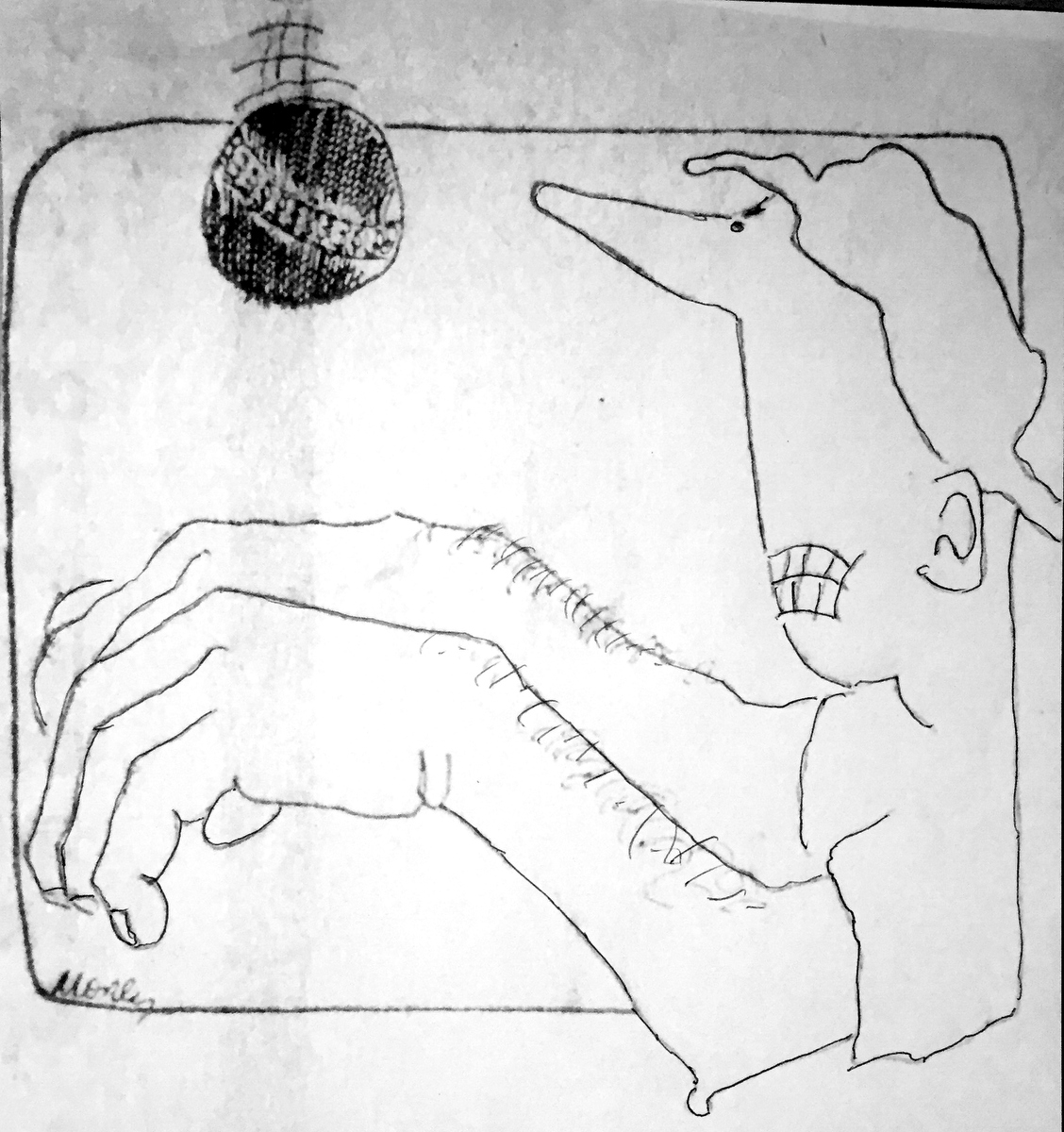SOME ANGLERS think they are better than others, and that some fish are better than others, reports STEVE COOPER. Here he separates the species:
IF YOU PACK your rods and travel around Australia, you will at some stage cross the stream that divides everyday anglers from the self-styled elitists. To me, the elitists are the minority of small-minded people too arrogant to associate with the general angling community.
The same applies to distinctions some anglers place on species, both intra and interstate. Most of the time, it is someone having a stir or adopting a position out of ignorance.
Queenslanders rubbish the Victorian penchant for sharks, while further north I’ve heard NT anglers criticise Queensland’s impoundment barramundi. Some Murray cod anglers rubbish trout, referring to them as “cod lollies” and Victorian black bream specialists have been known to take some strange delight in putting yellowfin bream down. And, so it goes around the country.
A few years back I fished on Teemburra Dam, about a 40-minute drive through sugar cane fields to the west of Mackay. I was with Mick Rethus, an expatriate Victorian from Nhill.
Water levels were low, and Mick advised that the barramundi would, at best, be difficult. We spent a couple of unsuccessful hours casting lures into timber, and then went trolling. The barra proved impossible. The big silver slabs were feeding nocturnally and snoozing during the day, which of course was when I was on the water.
Never mind. We started to catch a sooty grunter, a reasonable fish that weighed a couple of kilos and better. I had limited experience of the species and was enjoying the session. Mick was voicing apologetic-type overtures over the lack of barra but I was happy. Uncertainty is part of fishing and anyway, I enjoy catching different species rather than the same old, same old.
Some species, like the humble redfin, break all the rules and are something of a conundrum. Imported from Europe, redfin transcend the barriers between native fish specialists and trout aficionados. Victorian angler surveys generally place redfin in the top two or three in terms of freshwater fishing popularity, and, unlike carp, anglers are allowed to put redfin back.
Redfin are pretty, with broad silver flanks and red tinged fins and, even though a cold-water species, it has adapted to a broad spectrum of water temperatures and environments. When a cold snap sends native fish into torpor, or trout are gasping for oxygen due to turbidity or high water temperature, redfin continue to feed.
Another import, carp, competes with tilapia of northern areas for the title of our most despised fish import. In Europe, carp are highly regarded as a sportfish, but there is a huge gulf between Australian attitudes to carp, and those of European anglers.
The public image of carp in Australia is of a noxious pest, a creature that damages waterways and makes life difficult for more revered fish, including imports like trout and redfin. There are people in government organisations who detest salmonids and redfin almost as much as carp, but until someone devises a foolproof way to remove carp, this fish will act as a buffer to protect other imports from the same fate.

The negative aspects of carp are well documented, but the benefits are understated and rarely promoted. A big carp is a credible opponent on light tackle and makes an excellent training vehicle to teach young anglers how to hook, fight and land a fish. Best thing about them is that there is no bag or size limits and they are not difficult to catch. Perhaps we need to accept and understand that carp are here to stay.
In Victoria, government policies are limiting the stocking of trout and native species in many waters. Sometimes carp offer an alternative to what would otherwise be empty water and carp – regardless of what you might think – are a whole lot better than no fish. Carp are a fact of fishing life so let’s make use of them.
It is the same for sharks. As I said earlier, some anglers rubbish sharks, but if they went fishing for this species, they might have a different attitude.

I remember fly-fishing offshore near Broome with guide Dan O’Sullivan. He agreed we all learn something new, particularly in fly-fishing when we fish with someone else. On this day there were whaler sharks hanging in the berley trail.
Living in Victoria and doing a bit of offshore swoffing in Bass Strait you become something of a shark specialist. There isn’t much else. Dan had never been interested in sharks on fly but decided to try them. I told Dan that if he picked the biggest, bulkiest white fly in his box he’d hook-up immediately. So, he dragged out an old, well-worn bunch of chook feathers and put it across the nose of a metre or so of whaler. A hook-up followed and then it was a case of hang on as line melted off his reel. An 8wt outfit isn’t exactly ideal for sharks, and without wire trace there was only ever going to be one result.
Later, Dan dragged out another white fly and I reckon he did this to see if the first hook-up wasn’t a fluke. No sooner had this fly hit the water and started to sink when Dan was hooked up. Sharks might not be permit or giant herring, but they are tough, and sometimes spectacular opponents. The copper-coloured spinner whaler was true to its heritage, going ballistic and performing cartwheels across the ocean in a stunning display of froth and spinning fins.
Dan didn’t say he liked fly-fishing for sharks. He didn’t say he didn’t like it either. Maybe he was just humouring a Victorian. At least he admitted enjoying the hook-up and put it down to another part of the learning curve. The point being that if he didn’t have a wide range of alternate species to choose from then perhaps sharks would fill that void, as they do in Victoria.
Not all piscine voids that need filling are of the water; sometimes it is the space between the ears of the ignorant. To paraphrase Mark Twain: It is far better to keep your mouth shut and appear stupid than to open it and remove all doubt. If you don’t know the species don’t knock it; try to understand why other anglers fish for it.

STEVE COOPER won two Walkley Awards for investigative journalism but his great love is fishing and he is renowned as one of Australia’s foremost writers and broadcasters on the subject.



Discussion about this post